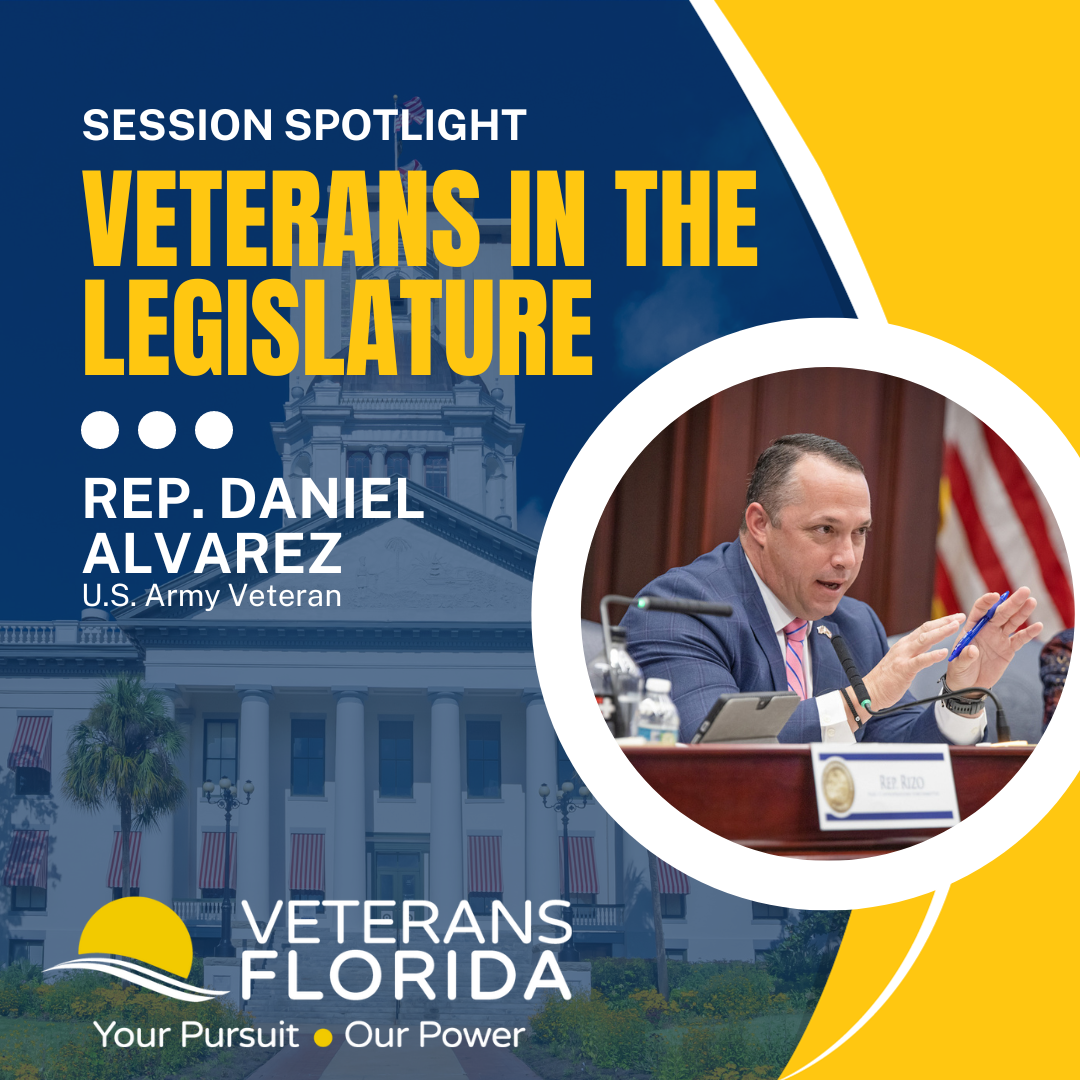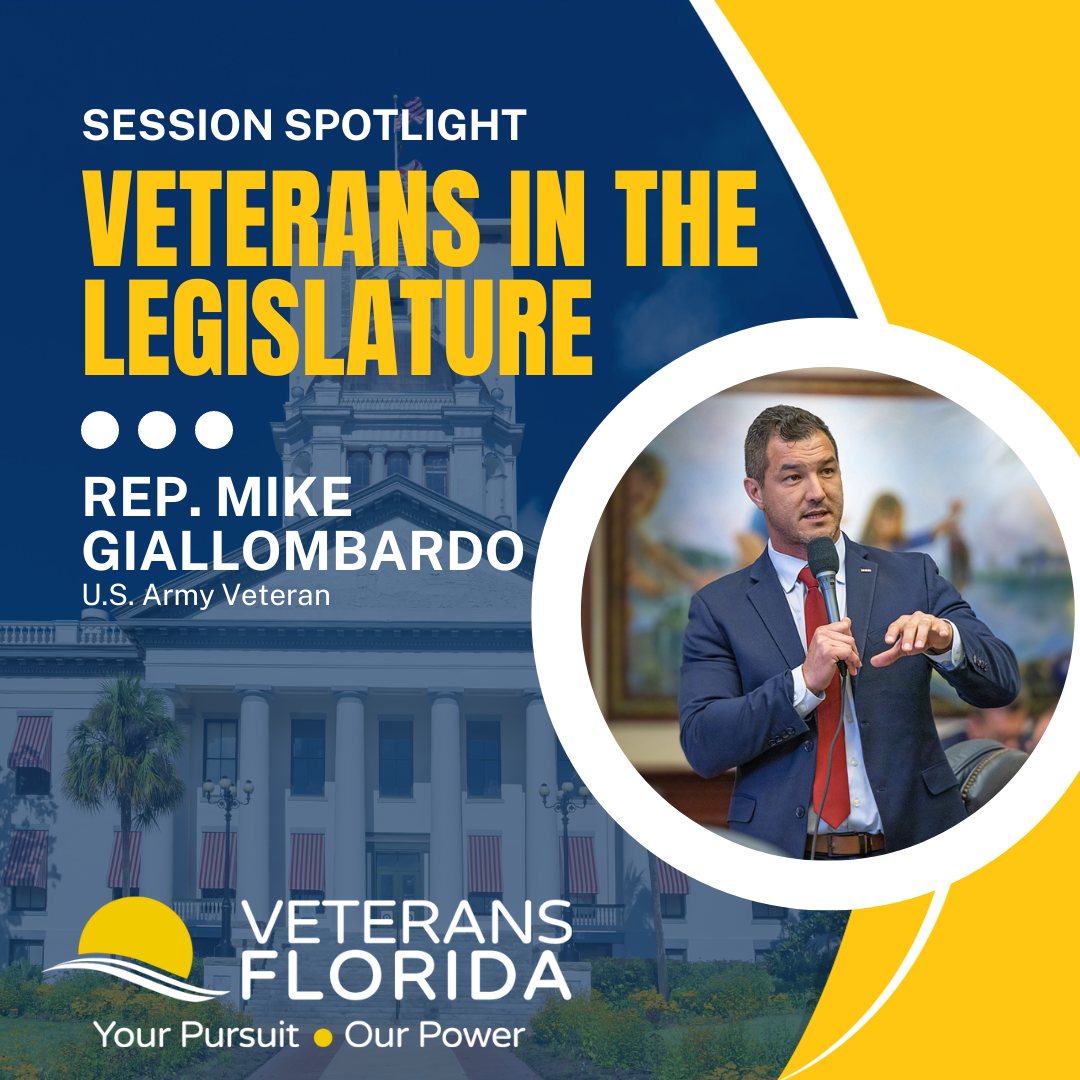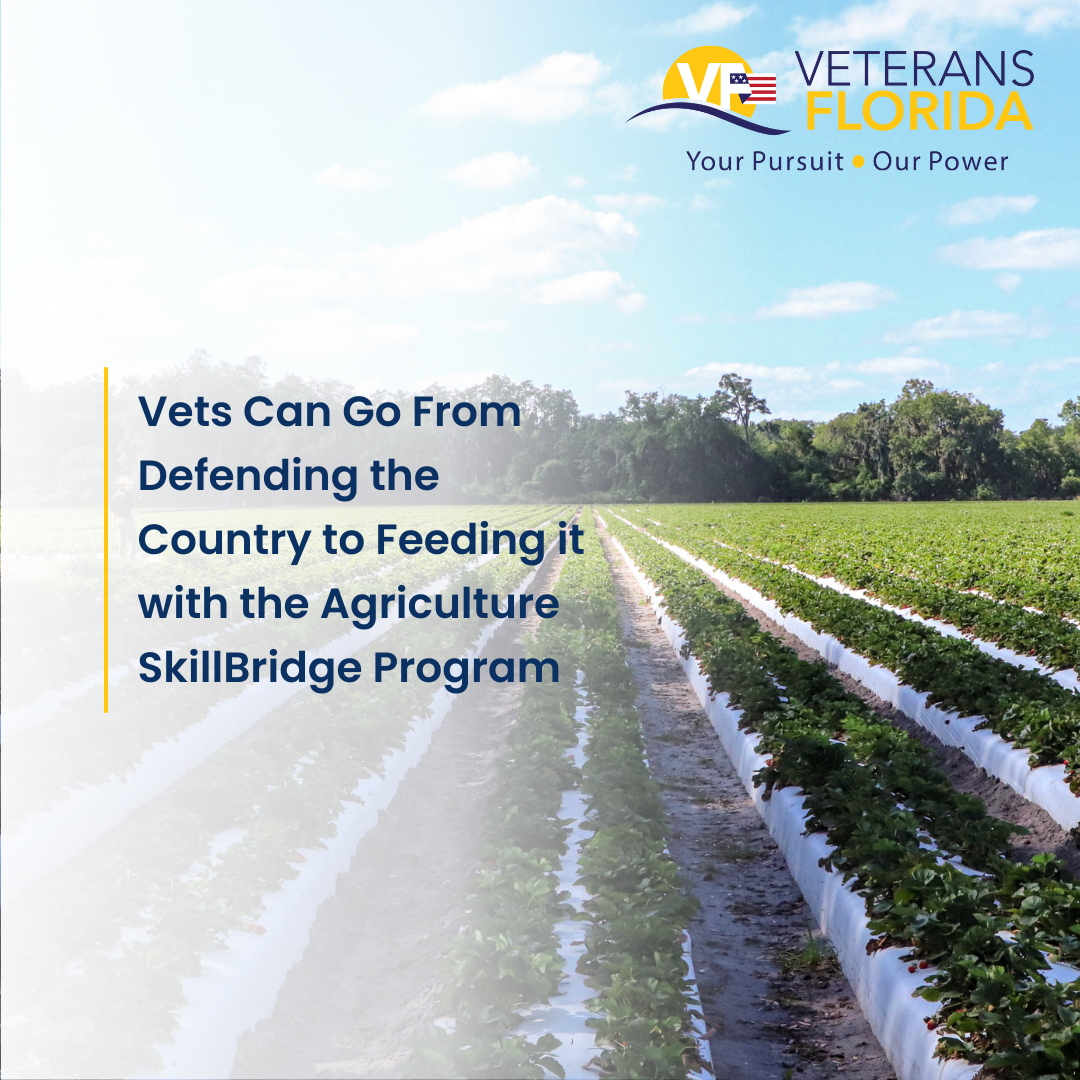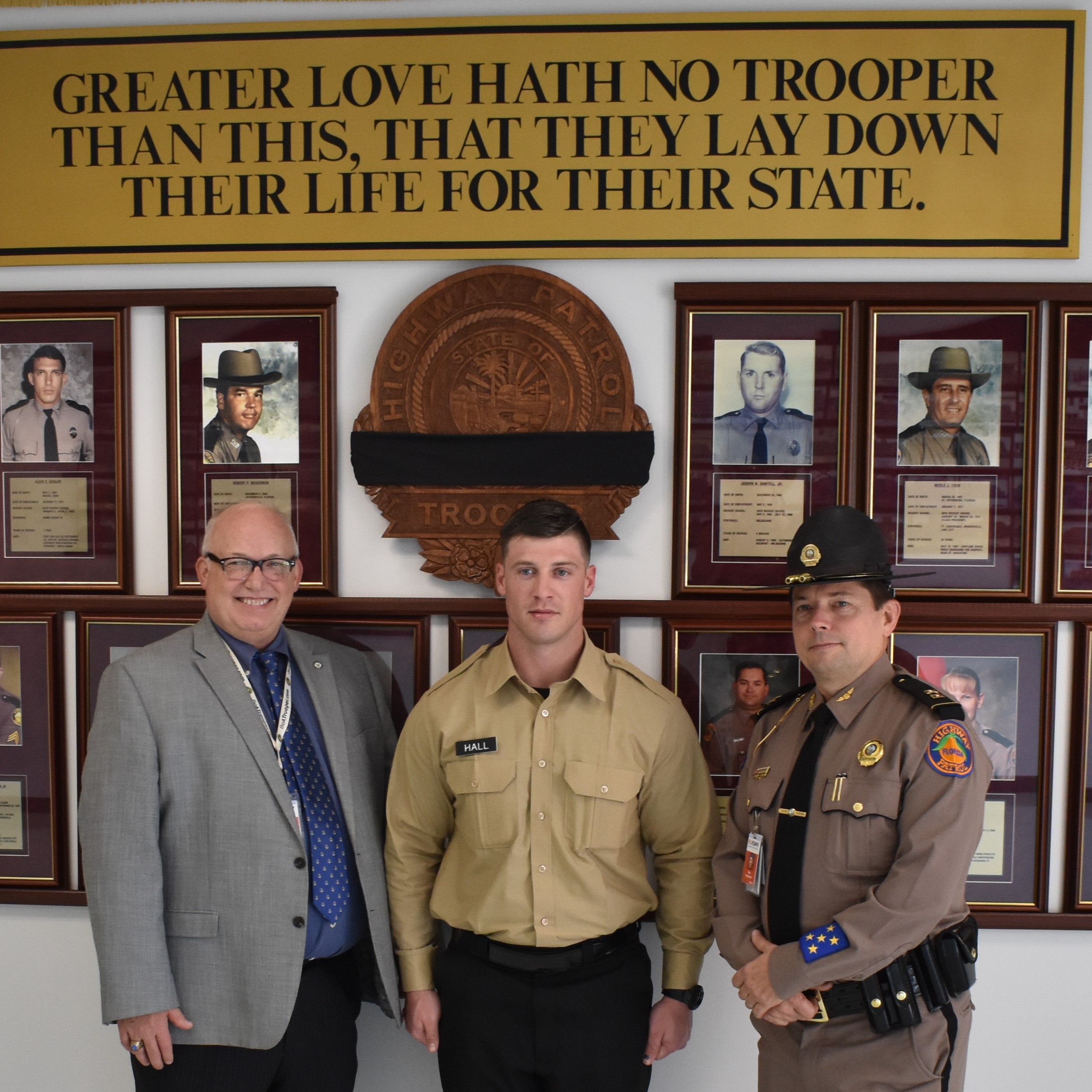Florida offered a near-perfect climate, endless outdoor activities, in-state tuition and a warm family atmosphere.
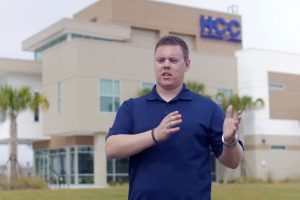
Kyle Lee, a U.S. Army veteran, attends Hillsborough Community College in Ruskin, Florida
Kyle Lee, 27, an Army veteran who is studying nursing, greets several classmates in a light-filled building on the Southshore campus of Hillsborough Community College (HCC) in Ruskin, FL. Having entered college after completing five years of military service, Kyle is several years older than the average community college student here. But from the looks of things, the age gap hasn’t prevented him from forging tight bonds with his fellow students or feeling at home in the academic setting.
“HCC is very veteran-friendly and veteran-geared,” he says. “My campus in Ruskin is a lot smaller than the typical university with huge lecture halls—we have around 30 students per class on average, so you get to know everybody. And quite a few veterans who were also once students at HCC run services here and have ties to prior servicemen and women. They’ve helped me transition because they know the steps you have to take to get to where you want to be.”
Kyle moved to Florida after a stint in Ohio because he had fond memories of the warm winters he had spent as a child on Anna Maria Island when he would start the day off in a sweatshirt and end it in a T-shirt. “I just got tired of the weather up north,” he says.
Florida’s in-state tuition rate for veterans was also extremely compelling to him—it meant that he could pay less for college without first having to establish residency and postpone enrollment by a full year. Campus personnel helped him fill out the various forms required for covering his expenses with Florida GI Bill benefits.
Creating an active campus veterans club
When Kyle first came to the HCC campus, there was no veterans-specific club. “But a few of us saw the need and started one,” he says. “Our main goal was to ease the transition for veterans coming in, give them other students to talk to who had been in their shoes—people who had been through getting out of military, getting into school and sitting in classes with students who don’t quite understand their situation. We wanted to create an office where veterans could come and voice their concerns, and join with others to do community outreach—work with VFW, AMVETS and elected officials. The club focuses on the needs of veterans and their families, and also reduces the burdens of regular student advisors.”
From military success to academic success
“A lot of what veterans learn in the military can help them transition. You just have to shift your focus from a physical mission to a mental mission.” –Kyle Lee
While academic pursuits can feel quite foreign to transitioning servicemen and women, Kyle sees a direct link between military and educational missions. To his mind, the attributes that military training and service cultivate lead directly to success outside the service. “You just make academics your new mission,” he says. “You go from training your body to be able to carry a physical load to training your mind to be able to carry an educational load. And then you just keep the goal in mind and go the distance.
“For example, my goal is nursing,” he says. “When I first started looking at it, it seemed like a huge mountain to scale. I had to start from the bottom. But I’m slowly chipping away and showing myself the steps and phases of training, just as I did in the military. I just chipped away at that small mountain and now I’m about to cross over the peak and start heading downhill. I have to remember to slow myself down and think things through, just like I did when I was on a military mission.”
Veterans, veterans everywhere
While Kyle enjoys his campus interactions, he also enjoys his many off-campus connections. “The veteran community is very strong here and intertwined with all aspects of life,” he says. “Wherever you go in Florida—whether it’s a restaurant, grocery store, school or recreational spot, you’ll find a veteran or two who has been down here for years. There are so many bases down here that lead to transitions within Florida and to a giant community of veterans with families.”
The large influx of transitioning vets has boosted the veteran-friendliness of the community at large, says Kyle. “You have a big population of younger veterans who are working in different businesses and this has helped the community become even more open and helpful to incoming veterans. There are also many veterans holding seats within Chambers of Commerce now, which makes the business community more open and accommodating to veterans. Companies feel there are a lot of valuable insights they can gain from veterans that non-veterans can’t offer, and they love to draw on those insights.”
Kyle knows firsthand how much the support of a community with a large veteran population matters when it comes to transitioning into the civilian sphere. “If you’re a veteran moving to a place that’s not very veteran-dense there’s a greater risk of feeling alienated and alone. Having a veteran-heavy area makes transitioning a lot easier because there’s a knowledge base right at hand that you can readily tap into.”
Florida’s welcoming, family-friendly community
But, says Kyle, non-veteran Floridians are also very embracing of veterans. “Florida is one of the most veteran-friendly states that I’ve lived in. No matter where I go through the state of Florida, I never feel out of place.”
That sense of acceptance held great appeal for Kyle, his fiancée and their six-year-old daughter. So did Florida’s outdoorsy, family-focused lifestyle. “There are so many things for us to do as a family here and everything is pretty close by. For example, we have annual theme park passes. Since we live here, we can go to a theme park during non-peak times, drive there in under two hours, spend most of the day there, drive back and still have dinner at home. We don’t have to worry about flight and hotel expenses. We also go to the beaches all the time. My daughter loves swimming and collecting shells.”
“Having my daughter down here has made us experience things as a family and made us aware of just how open Florida is to everybody.”
Advice for transitioning veterans
Kyle discovered that one of the keys to a successful transition from military to civilian life is to think of yourself as a veteran, let others know that you’re a veteran and become actively involved in veterans organizations. “Moving down here, I didn’t know about most of the benefits available to veterans and the different groups around Florida that help ease the transition,” he recalls. “But once I started calling myself a veteran, I found out more about community organizations—big ones like the VFW as well as smaller ones, like Team Red, White, and Blue. And the more I started diving into them, the more Florida opened up to me. I saw all kinds of avenues I could pursue and things started feeling a lot more homey.”
His top advice to transitioning veterans: “Embrace being a veteran. Embrace the veterans around you. Embrace the weather and the opportunities the weather gives you and engage in veterans activities. Be as active as you can be.”
Read other stories about veterans who have made Florida their home:
This Florida Veteran Dedicates Himself to Helping Others Transition
For This Veteran, Florida Was the Ideal Place to Build a Business
Moving to Florida Was One of the Best Decisions This Veteran Ever Made

